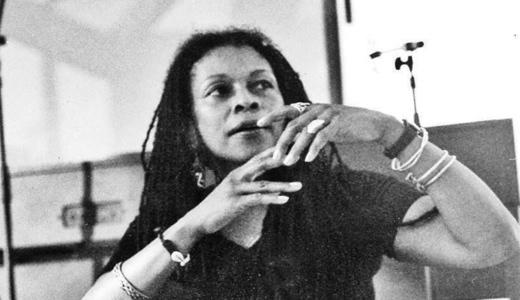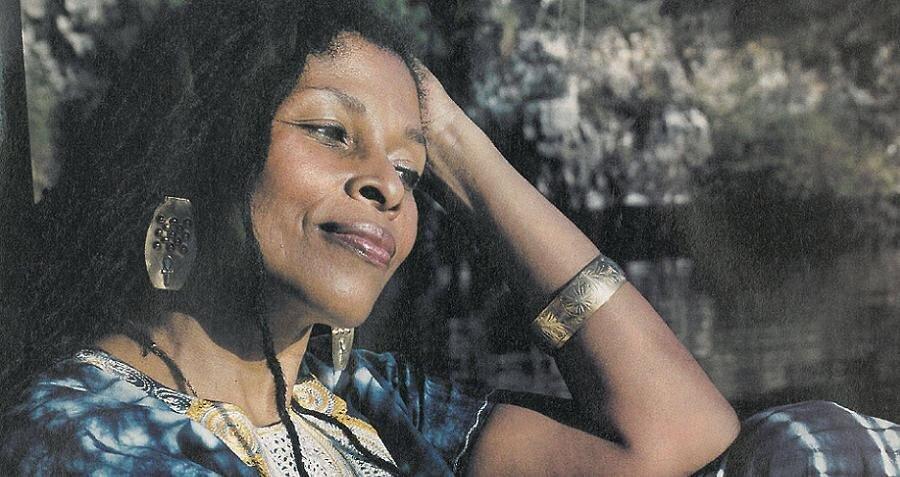
3 minute read
ASSATA SHAKUR
from July 2025 Issue
Tony Smith, Indie Incognito
Cultural Rghteousness: The Swagger of Knowing Who You Are
By Indie Incognito Editors
In a world addicted to trends, cultural righteousness is the refusal to be a costume. It's not about fitting in. It's about standing firm in who you are and letting the room adjust. It's what Nina Simone did when she refused to make pretty music for a violent nation. It's what Erykah Badu does every time she walks on stage in Ankara and crystals, channeling ancestors while speaking in future tense
Cultural righteousness is not arrogance It's awareness It's the sharp clarity of knowing that your heritage, your expression, your struggle, and your brilliance are not things to apologize for. They are things to amplify. It's in the slang, the beat drops, the headwraps, the protests, the verses, and the velvet rope that won't let just anybody in.
At Indie Incognito, we don't celebrate culture just because it's cool. We honor it because it's righteous. Rooted, resilient, and radical. Whether it i fashion that speaks Swahili, music that remembers pa n, or voices that refuse erasure, we ride for those who ride for themselves.
This is not the era for neutrality. Cultural righteousness is how we resist, how we remind, and how we rise. Not because we need approval, but because our stories were never meant to be whispered.
ASSATA SHAKUR. Affiliation: Former member of the Black Panther Party and the Black Liberation Army (BLA)
Conviction: In 1977, convicted of the 1973 murder of New Jersey State Trooper Werner Foerster during a traffic stop shootout on the New Jersey Turnpike
Escape & Asylum: Escaped pr son in 1979 and resurfaced in Cuba, where she was granted political asylum
FBI Status: Named the first woman on the FBI's Most Wanted Terrorists list in 2013, with a $2 million bounty still on her head.

Before hashtags and digital uprisings, there was Assata Shakur? a revolutionary voice, a symbol of resistance, and a reminder that liberation has never been politely requested
Born Joanne Chesimard, Assata emerged as a key figure in the Black Liberation Army, fiercely critical of rac sm, police brutality, and systemic oppression. In 1973, she was arrested after a shootout on the New Jersey Turnpike that left a state trooper dead. Convicted under heavily disputed evidence, she escaped from prison in 1979 and fled to Cuba, where she remains in political exile.
To some, she's a fugitive. To others, a freedom fighter. But to many in the global movement for Black liberation, Assata is a mirror. Reflecting the pain, the power, and the price of radical truth
The U S government put a $2 million bounty on her head. The movement made her a martyr
America may call her wanted.
But We call her necessary.







